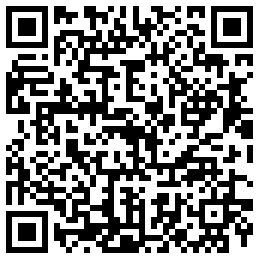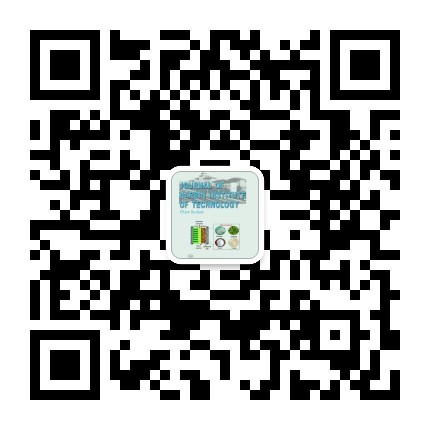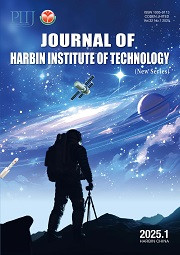|
| Abstract: |
| A rudimentary aspect of human life is the health of an individual, and most commonly the wellbeing is impacted in a colossal manner through the consumption of food. The intake of calories therefore is a crucial aspect that must be meticulously monitored. Various health gremlins can be largely circumvented when there is a substantial balance in the number of calories ingested versus the quantity of calories expended. The food calorie estimation is a popular domain of research in recent times and is meticulously analyzed through various image processing and machine learning techniques. However, the need to scrutinize and evaluate the calorie estimation through various platforms and algorithmic approaches aids in providing a deeper insight on the bottlenecks involved, and in improvising the bariatric health of an individual. This paper pivots on comprehending a juxtaposed approach of food calorie estimation through the use of employing Convolution Neural Network (CNN) incorporated in Internet of Things (IoT), and using the Django framework in Python, along with query rule-based training to analyze the subsequent actions to be followed post the consumption of food calories in the constructed webpage. The comparative analysis of the food calorie estimate implemented in both platforms is analyzed for the swiftness of identification, error rate and classification accuracy to appropriately determine the optimal method of use. The simulation results for IoT are carried out using the Raspberry Pi 4B model, while the Anaconda prompt is used to run the server holding the web page. |
| Key words: food calorie estimation convolution neural network Django framework internet of things raspberry Pi |
| DOI:10.11916/j.issn.1005-9113.2023025 |
| Clc Number:TP391,TN929 |
| Fund: |






